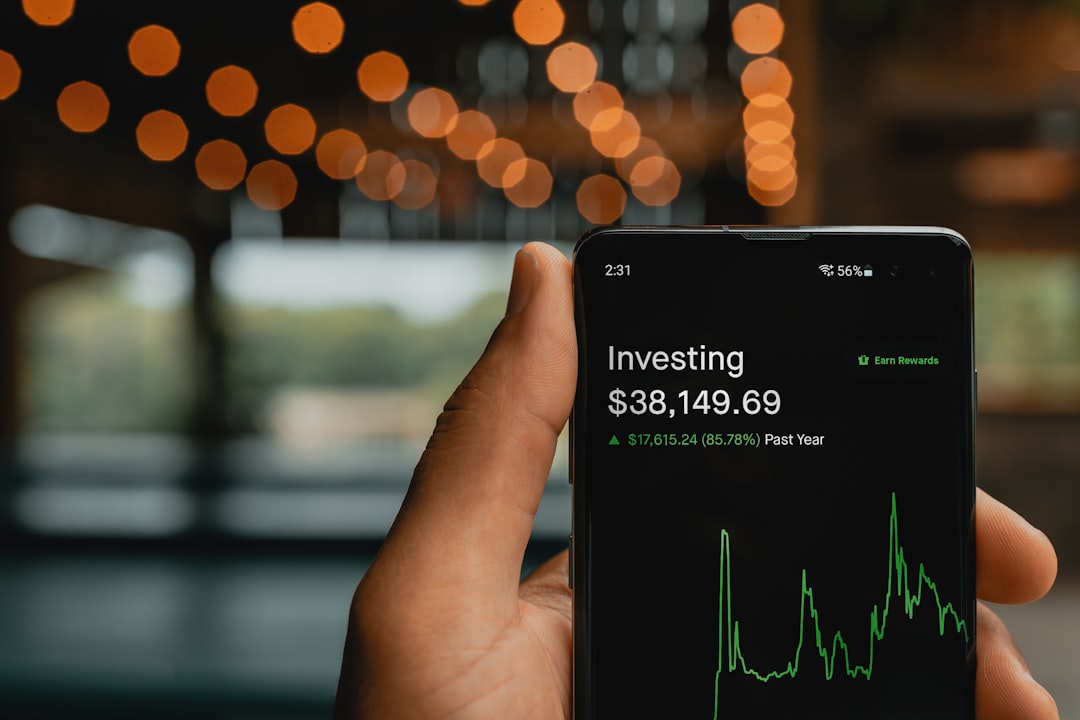When the largest American bank, JPMorgan Chase (NYSE:JPM), starts investing into a new sector, investors should take note. As of January, the bank secured $300 million in the quantum computing startup Quantinuum. The private company, now valued at around $5 billion, is considered one of the top quantum computing stocks.
Relying on superposition and entanglement, quantum computers can solve specific problems faster and more cost-effectively, typically in cybersecurity, cryptography or AI. However, because of limitations, quantum computers will likely work in conjunction with traditional computers.
So, Nvidia (NASDAQ:NVDA) adopted a hybrid approach in building a supercomputer for Japan’s National Institute of Advanced Industrial Science, the ABCI-Q. International Data Corporation (IDC) forecasted last August that the quantum computing market would grow by 48.1% CAGR by 2027.
For investors, this means getting quantum stock exposure early. Although most startups in this arena are still private, three top quantum computing stocks show the most potential long-term.
IonQ (IONQ)
Year-to-date (YTD), IonQ (NASDAQ:IONQ) is down 42%, making it a cheap quantum computing stock. At $8.18, the stock is 25% away from its 52-week low point of $5.29 per share.
In this experimental field of quantum computing, the Maryland-based company pioneered the entrapment of ions for its IonQ Aria and commercial IonQ Forte. The latter is expected to be upgraded to IonQ Forte Enterprise by the end of 2024.
Targeted to have 35 qubit count, Forte Enterprise is poised to be a major quantum computing milestone. Although IBM’s Condor delivered over 1,000 qubits, Forte Enterprise is going for the lowest error level possible, while also able to scale for data center operations.
In 2025, IonQ’s roadmap fits IonQ Tempo as the key quantum solution that has the potential to capture the bulk of the quantum marketplace. Ahead of these milestones, the average IONQ price target is $16.63 vs current $7.09, per aggregated Nasdaq data.
Rigetti Computing (RGTI)
One of the cheapest computing stocks, Rigetti Computing (NASDAQ:RGTI) made significant advancements in the arena. The stock is up 10% YTD at present $1.17, which is up 67% from its 52-week low of $0.36 per share.
Given its penny stock quality, RGTI attracts much speculation, similar to memecoins in the crypto space. But California-based Rigetti Computing has a more grounded footing with the released 32-qubit Aspen series and the 84-qubit Ankaa-2.
The latter more than doubled error performance compared to RGTI’s previous quantum processor units (QPUs). In addition to these high-grade rollouts, Rigetti Computing launched Novera as a 9-qubit complementary system for customers, priced at $900,000.
Also, the company helped Oxford Instruments build a usable 32-qubit QPU via its subsidiary, Rigetti UK Limited. The fact that the UK’s top universities and firms picked Rigetti Computing, placing it among the top quantum computing stocks, speaks volumes on the company’s future prospects.
From the present price level of $1.17, the average RGTI price target twelve months ahead is $3.17 per Nasdaq’s data.
D-Wave Quantum (QBTS)
The Canadian D-Wave Quantum (NYSE:QBTS) is up 80% YTD, so investors should take a pause before jumping in. From its 52-week low point of $0.40 versus its present $1.48, QBTS shares are priced 75% higher.
The reason for the ongoing hype, in addition to being a penny stock, is the release of 1,200+ Qubit Advantage2 prototype in February. As the most performant QPU, it has been available through the company’s Leap Quantum Cloud Service.
The QPU not only boasts raw performance but also doubles the coherence time, as the qubit’s lifespan to manipulate information. At the end of March, D-Wave delivered its full-year 2023 earnings, showing 21% year-over-year (YOY) revenue growth, reaching $2.9 million.
More importantly, D-Wave lowered its losses (expected with startups), from $18.2 million net loss in 2022 to $16 million in 2023. D-Wave’s revenue from commercial customers increased by 41%.
Given this combo of QPU performance and financials, Nasdaq’s average price target for QBTS is $3 versus the current $1.48 per share.
On Penny Stocks and Low-Volume Stocks: With only the rarest exceptions, InvestorPlace does not publish commentary about companies that have a market cap of less than $100 million or trade less than 100,000 shares each day. That’s because these “penny stocks” are frequently the playground for scam artists and market manipulators. If we ever do publish commentary on a low-volume stock that may be affected by our commentary, we demand that InvestorPlace.com’s writers disclose this fact and warn readers of the risks.
Read More: Penny Stocks — How to Profit Without Getting Scammed
On the date of publication, Shane Neagle did not hold (either directly or indirectly) any positions in the securities mentioned in this article. The opinions expressed in this article are those of the writer, subject to the InvestorPlace.com Publishing Guidelines.
